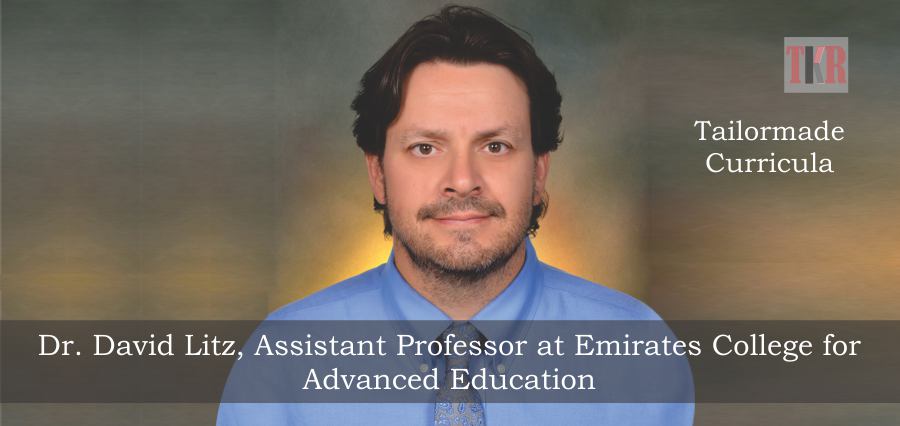Co-curricular activities generally refer to the activities, programs, and learning experiences that complement what students are learning in school. Essentially, such activities are experiences that are connected to, reinforce, or mirror the main academic curriculum or syllabi activities. In addition, co-curricular activities are usually, but not always, defined as being distinct from academic courses. For instance, they are typically ungraded and do not allow students to earn academic credit, they can take place outside of school grounds, they can occur outside regular school hours, and they may even be operated by outside private organizations or with partnerships in the broader community. Nevertheless, the traditional distinctions between academic and co-curricular programs are gradually being eroded as many innovative schools are increasingly integrating various programs, activities, and experiences into the regular educational curriculum.
The Distinction between Co-curricular and Extracurricular Activities
Interestingly, co-curricular and extracurricular activities were traditionally seen as being distinct from one another although both types of programs were offered by most schools. Co-curricular programs and activities were seen as being explicitly connected to academic learning, while extracurricular activities were not. More recently, this distinction has become extremely ambiguous in practice; and the terms are increasingly being used interchangeably, which implies that all these activities are integral parts of the academic school curriculum. Examples of typical educational opportunities that are generally considered as being co-curricular include: student newspapers, musical performances, drama productions, art shows, chess clubs, spelling bees, mock trials, debate competitions, and participating in various sports, mathematics, science, robotics, and/or engineering teams and contests.
The Significance of Co-curricular Activities
Co-curricular activities are significant for enriching students on an emotional, cognitive, physical, and social level. The enrichment of the curriculum can come in the shape of the hidden curriculum (i.e., unwritten, unofficial, and often unintended lessons, values, and perspectives that students learn in school) or be structured as additional activities that are aimed at enriching the existing curriculum in alignment with learning outcomes and pedagogic activities. Co-curricular activities have also acted as a catalyst for the promotion of national integration, coexistence, cultural values, and general health and well-being in many countries. Whether they focus upon sports, arts, music, science or other areas, co-curricular activities play a significant role in students’ overall holistic development, as well as screening talents and giftedness among children and young learners, which highlights their significance within government school systems.
For example, when sport talents are discovered, developed, and nurtured, they can serve to enhance social, physical and emotional wellness, bridge social gaps, promote team-building, self-discipline, and interactive learning, bring cohesion to the nation, and ultimately promote national recognition and pride on a global level. This also highlights the importance of sports science and the fact that it that needs to be included in schools on curricular and co-curricular levels as a key element in achieving sustainable national sport development. This will, in turn, capture the intrinsic human values, talents and abilities that have not yet been exploited on both personal and national levels.
At the same time, activities incorporating art and music can play a vital role in nation-building, psychomotor development and dexterity. Consequently, the role of art and music needs to be articulated and understood in terms of its role in the provision of well-rounded learning, and in terms of their social and emotional significance. This is because music and the arts play an instrumental part in promoting peace and dialogue and spreading socially-conscious messages.
Nevertheless, emphasizing the significance of sports, arts, and music does not necessarily negate the important role of other types of co-curricular activities such as science, mathematics, debate, chess, drama clubs and other programs. All co-curricular activities enhance education and have a tremendous impact on the holistic development of children in several ways. First and foremost, skills learned through co-curricular activities can often be applied to academic studies, and vice versa. Thus, co-curricular activities can provide the clarity required for an academic concept to make sense and improve learning capabilities. They can also assist in the development of leadership and communication skills, creativity, decision-making and co-operation, service to the community, learning time management, organization skills and commitment, stress relief, developing social skills and self-esteem, discovering new talents, and enhancing students’ overall personality. Likewise, learning through co-curricular experiences during internships or other programs can assist with future careers as students pursuing co-curricular activities at school are often given preference over those who are not involved in activities outside of the core curriculum when applying for courses or jobs.
In sum, while co-curricular activities are sometimes overlooked in education systems with greater emphasis often placed on the formal academic curriculum, pedagogic practices, day-to-day school operations, etc., these types of programs are gaining in popularity and significance as policy-makers, educationalists, parents, and students are increasingly becoming aware that every activity in school life plays a significant role in students’ overall development. Thus, if co-curricular activities are properly designed, organized, managed, and balanced with the academic curriculum, every student will have the opportunity to learn beyond subjects and the mere confines of a classroom. The importance of this cannot be understated.
About the Author
Dr. David Litz is an Assistant Professor at Emirates College for Advanced Education (ECAE) where he teaches courses in the School Evaluation and Measurement and Educational Leadership and Policy Divisions. He has also previously taught in South Korea and Canada. He holds an EdD from the University of Calgary and his publication and research interests include such areas as comparative education, educational administration and leadership, as well as educational policy and development in the MENA region.









